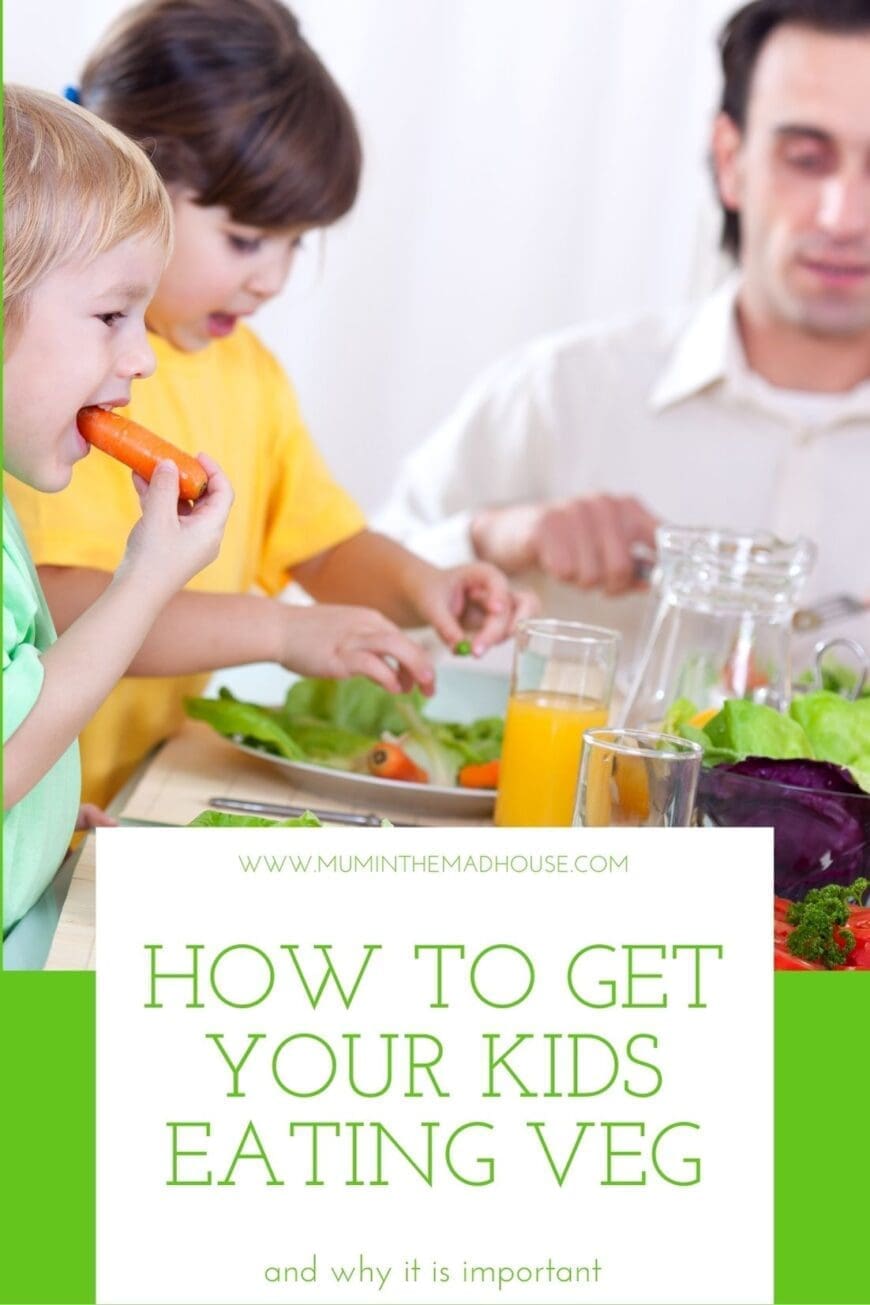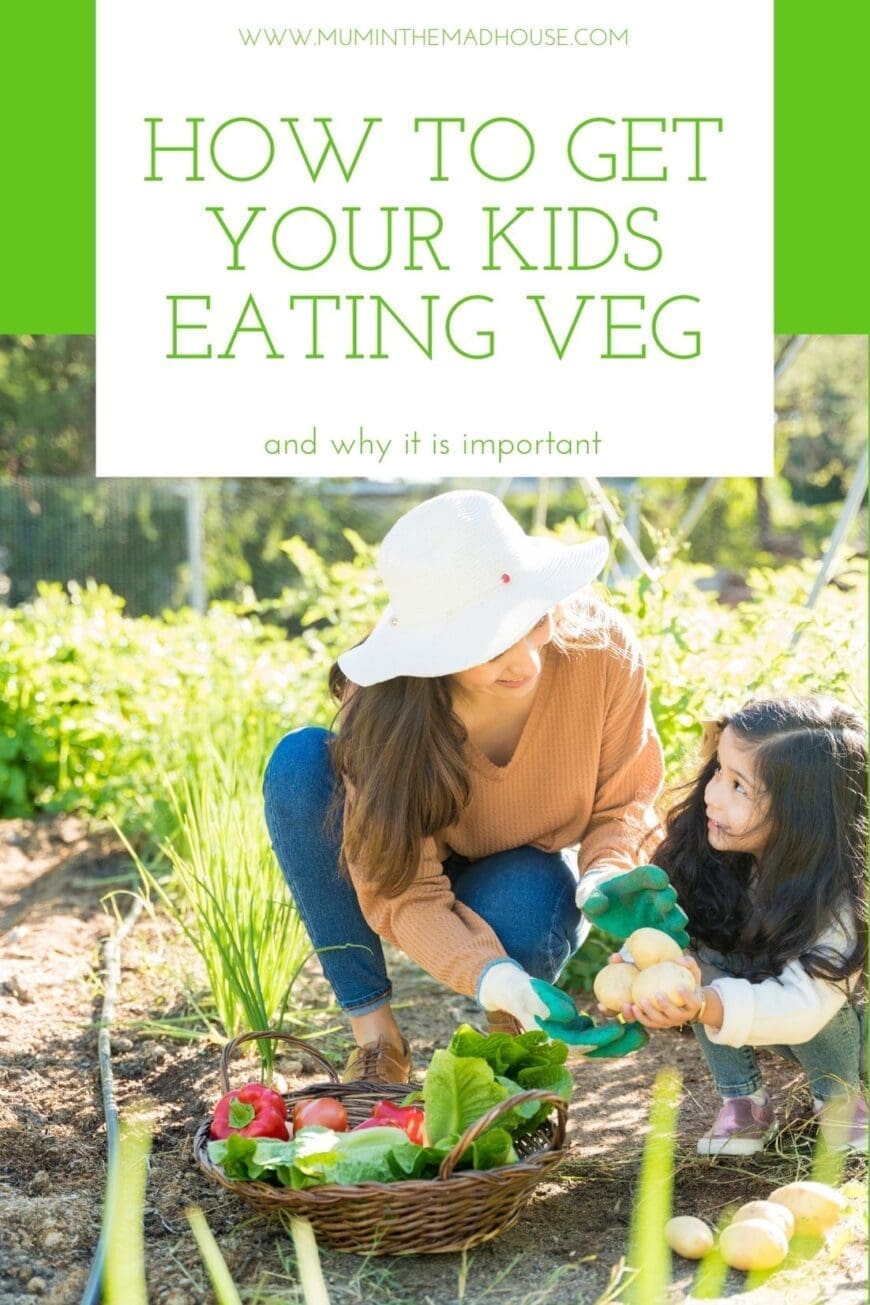We all know how important it is to eat fibre-rich foods. These are responsible for good digestion, the feeling of fullness, and higher energy levels. Fruits and vegetables are packed with fibres. But not only fibres could be found in fruit and veggies. There are also antioxidants, water, and carbs that contribute to the higher energy level and the overall well-being. Hence, this makes fruit and veggies the most important foods for your children. In the following text, we will focus on the reasons why vegetables are so important for children and their proper development.

Healthy Diet for Children
According to the experts, a healthy diet for children consists of vegetables along with other foods from the important food groups. It is crucial to handle your children’s diet from an early age and teach them how to incorporate vegetables into their diet. This will help them create healthy dietary habits and find a better balance between the different types of food. But before they get to decide on the menu and what they will prepare for their meals, it is essential for you to follow dietary guidelines. Here are just some of them:
- Children of ages 1 and 2 should get 2-3 servings of vegetables every day.
- Children of ages 2 and 3 should get 2 ½ servings of vegetables every day.
- Children of ages 4 and 8 should get 4 ½ servings of vegetables every day.
Usually, children tend to be problematic when eating vegetables, so it is of the greatest importance to keep on encouraging them and present them with good examples of eating vegetables.
Vegetables As a Good Example
Children are much more intelligent than you think and it will not be easy to play tricks on them, but you can certainly let them learn from you. You cannot expect your child to eat veggies if you do not eat them. The point is that your children pick up food choices from you, and the smartest way to encourage them to eat healthily is if you do so. Family meals are a perfect chance for bonding, but they are also a perfect environment for your child to learn to eat healthily and enjoy the food. Home-cooked food such as curries, roasts, potages, and pasta will have a better taste with more veggies in them. Additionally, a bowl of nice, fresh-cut salad will do the job. Besides, it is also a tasty and healthy option. If all else fails you can use meal replacement mixes or smoothies. We make and freeze smoothie packs with a mixture of fruit and vegetables in them and they are super convenient, plus my kids love them.

Immune System
Fruits and vegetables are high in good nutrients such as fibre, vitamins, minerals, and antioxidants. All of these nutrients are responsible for building your child’s immune system. If you have noticed that your child falls ill often, then you should visit children’s urgent care during their pediatric hours to have a detailed insight into your child’s health. If there are no serious health conditions, then most likely your child is suffering from immune system problems. Luckily, this can be solved with a proper diet based on vegetables. This is the reason why processed snacks should be replaced with fresh veggie snacks, which are jam-packed with the nutrients that help your child build a better immune system. Additionally, there are studies providing strong evidence that nutrients from vegetables and fruits can prevent chronic diseases.
Vegetables May Help Them Make up Missing Nutrients
Have you ever noticed that your child eats just one specific type of vegetable? In case you have, then this means that your child is missing out on some of the essential nutrients and that their organism is in demand of them. This is why they get the impression they crave a certain type of food. For instance, if your child suddenly adores carrots, then this may indicate that they are missing Vitamin A, given the fact that carrots are rich in this vitamin. On the other hand, if they are constantly asking you to cook the spinach, then this is a signal that they may be missing out on folates. Just as we have previously mentioned, eating habits are formed early in childhood. It is your parental responsibility to include various vegetables in their diet and be a positive example yourself.
Healthy Choices
The older the smarter. If your children are not fond of some types of vegetables, then there is no point in making them eat them. This way, you will only make them develop a negative attitude towards them. The fact is that they will learn how to make healthy choices as time passes. All vegetables are healthy and have different nutrients within, and it is of immense importance for your children to be aware of this. Since it would be difficult to explain them at the earliest age, the thing you can do is to combine different colored veggies that will certainly be interesting to your little ones. Besides improved nutrition, teaching your children how to make healthy choices will help them avoid problems such as obesity and hormonal disbalances in the future.
Improved Nutrition
In the final line, let’s talk about how much your child’s nutrition will be improved with veggies in it. We have already mentioned a couple of times that veggies are packed with nutrients such as vitamins, minerals, and antioxidants. But what is the effect of these? For instance, spinach contains many different polyphenols, which are health-promoting antioxidants. Additionally, spinach is rich in fibres that are known to promote good digestion. We have already mentioned carrots and Vitamin A. Namely, Vitamin A is one of the most important eye vitamins. We also have to mention potatoes. This food is not only rich in folates, but in iron as well. Iron, as a mineral, plays the main role in anaemia prevention. These are just some of the benefits of the endless list of the positive impacts on your child’s diet.

We all know the struggle of your children refusing to eat vegetables. But do not be desperate. You can certainly teach them how to start eating it through positive examples. As time passes, they will become aware of the benefits veggies have on their health so that they will start eating them on their own. Our top tips would be to grow vegetables with them and add a dip as children love to use their fingers to eat and dip!
